Qu'est-ce que la gestion de la conformité commerciale et pourquoi est-elle importante ?
Dans le paysage en évolution rapide du commerce international, les entreprises naviguent dans un réseau complexe de réglementations, de droits de douane et d'exigences en matière de sécurité. Conformité commerciale gestion est devenue une composante essentielle de la stratégie commerciale mondiale, non seulement pour éviter les pièges juridiques, mais aussi pour garantir des opérations transfrontalières efficaces et sans heurts. Comprendre ce qu'implique la gestion de la conformité commerciale et pourquoi elle est importante peut donner aux entreprises un avantage significatif dans le monde interconnecté d'aujourd'hui.
Comprendre la gestion de la conformité commerciale
La gestion de la conformité commerciale désigne essentiellement les systèmes, les politiques et les processus mis en place par une entreprise pour s'assurer que ses activités de commerce international sont conformes à l'ensemble des lois, réglementations et normes applicables. Ces règles peuvent émaner de différentes juridictions, notamment des autorités douanières nationales, des gouvernements étrangers et des organisations internationales.
Un programme de conformité commerciale solide comprend généralement les éléments suivants :
- Classification précise des marchandises à l'aide des codes du système harmonisé (SH)
- Respect des exigences en matière de licences et de documentation pour l'importation et l'exportation
- Évaluation et déclaration correctes des marchandises à des fins douanières
- Respect des sanctions, des embargos et des listes de contrôle des parties restreintes
- Tenue de registres et préparation à l'audit
- Formation régulière des employés et examens internes
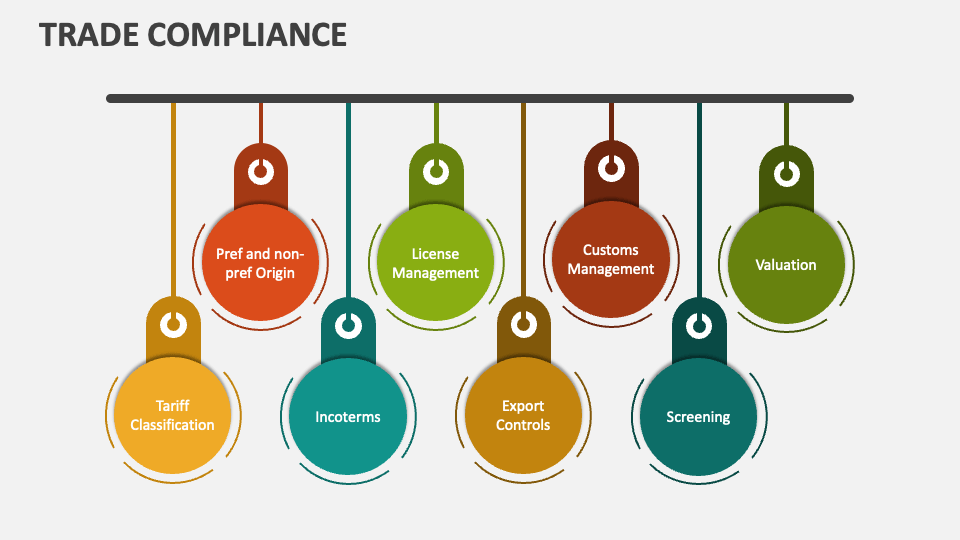
Si la conformité commerciale peut sembler être une fonction de back-office, son impact se répercute sur l'ensemble de la chaîne d'approvisionnement, la logistiqueLes services de l'administration centrale, des ventes, des finances et des affaires juridiques.
Le rôle de la conformité commerciale dans les opérations commerciales mondiales
Dans le cadre de commerce mondialLa conformité n'est pas facultative, elle est essentielle. Les entreprises qui importent ou exportent doivent traiter avec les autorités douanières, les réglementations en matière de sécurité et les accords commerciaux. Le non-respect de l'un de ces éléments peut entraîner des amendes coûteuses, transport des retards, des atteintes à la réputation, voire une responsabilité pénale.
Une bonne gestion de la conformité commerciale permet aux entreprises de
- Éviter les pénalités douanières et les saisies d'expéditions
- Accélérer le passage aux frontières grâce à des marchandises correctement documentées
- Tirer parti des tarifs préférentiels prévus par les accords de libre-échange
- Protéger la réputation de la marque en garantissant des pratiques commerciales éthiques
- Réduire le risque opérationnel en identifiant de manière proactive les lacunes en matière de conformité
En fin de compte, la conformité affecte à la fois les résultats et la durabilité à long terme des opérations commerciales mondiales.
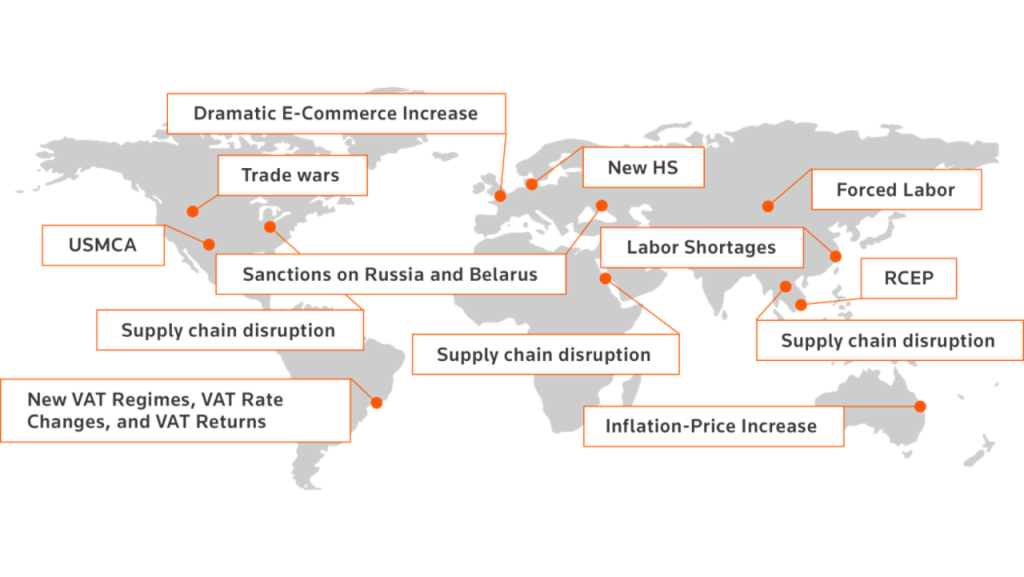
Conformité commerciale et atténuation des risques
L'un des principaux moteurs d'une gestion efficace de la conformité commerciale est l'atténuation des risques. Chaque envoi qui franchit une frontière comporte des risques inhérents, qu'ils soient liés à une classification incorrecte des produits, à une sous-évaluation ou au fait de traiter avec une entité soumise à des restrictions.
Un programme de conformité bien structuré aide les entreprises à identifier les risques potentiels avant qu'ils ne donnent lieu à des violations. Par exemple, un système automatisé de filtrage des parties refusées peut empêcher les transactions avec des organisations sanctionnées, tandis que des audits réguliers peuvent mettre au jour des erreurs de documentation qui pourraient autrement passer inaperçues.
En adoptant une approche proactive plutôt que réactive, les entreprises peuvent réduire de manière significative leur exposition aux risques liés au commerce.
La valeur stratégique de la conformité
De nombreuses entreprises considèrent encore la conformité comme un fardeau réglementaire, mais les entreprises avant-gardistes reconnaissent sa valeur stratégique. La gestion de la conformité commerciale peut en effet constituer un avantage concurrentiel.
Lorsqu'une entreprise est en mesure de dédouaner les envois à temps, les clients reçoivent leurs marchandises plus rapidement et avec moins de surprises. Les fournisseurs sont convaincus que la documentation sera traitée correctement. Les organismes de réglementation sont plus enclins à coopérer avec les entreprises qui respectent les règles lors d'audits ou d'enquêtes.
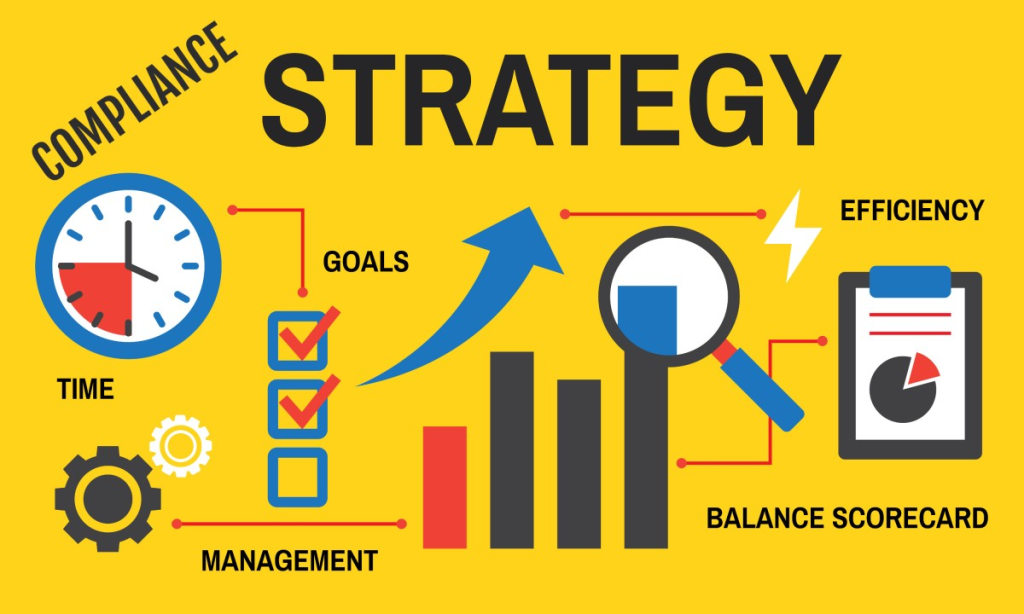
Dans certains secteurs, tels que les produits pharmaceutiques, la défense et l'électronique, le respect des règles commerciales n'est pas seulement stratégique, mais constitue une condition préalable à la participation à certains marchés.
En outre, à mesure que les chaînes d'approvisionnement Dans un contexte où les entreprises sont de plus en plus transparentes et axées sur le développement durable, des pratiques de conformité rigoureuses s'alignent sur les objectifs ESG (environnementaux, sociaux et de gouvernance) plus larges. Les entreprises peuvent démontrer qu'elles s'approvisionnent de manière responsable, qu'elles respectent les droits de l'homme et qu'elles adhèrent à l'éthique du commerce international.
Le rôle de la technologie dans la gestion de la conformité commerciale
Les entreprises modernes se tournent de plus en plus vers la technologie pour rationaliser leurs efforts de conformité commerciale. Des logiciels de gestion du commerce mondial (GTM) aux outils de traitement des documents alimentés par l'IA, l'automatisation contribue à réduire les erreurs manuelles, à assurer la cohérence des données et à gagner du temps.
Les principaux outils numériques sont les suivants
- Bases de données de contrôle des personnes refusées
- Systèmes automatisés de classification des produits
- Intégration des logiciels d'entrée en douane
- Plateformes de gestion centralisée des documents
- Mises à jour en temps réel de la réglementation commerciale
L'utilisation de ces outils permet non seulement d'améliorer la précision, mais aussi de garantir l'évolutivité lorsque les entreprises se développent sur de nouveaux marchés.
Mise en place d'un programme de conformité commerciale efficace
Pour les entreprises qui cherchent à renforcer leur gestion de la conformité commerciale, voici quelques étapes fondamentales :
- Procéder à une évaluation des risques de non-conformité - Identifier les vulnérabilités des pratiques commerciales actuelles.
- Élaborer des politiques et des procédures formelles - Documenter clairement la manière dont les tâches liées au commerce doivent être traitées.
- Former les employés dans tous les services - Veiller à ce que les équipes concernées comprennent leur rôle en matière de conformité.
- Tirer parti de l'automatisation et des outils numériques - Réduire les erreurs humaines et améliorer la cohérence.
- Contrôler et auditer régulièrement - Examiner en permanence les performances et adapter les stratégies en fonction de l'évolution de la réglementation.
Il est également utile de désigner un responsable de la conformité ou une équipe chargée de superviser la mise en œuvre et la communication au sein de l'organisation.
Conclusion
Conformité commerciale La gestion de la conformité ne consiste pas seulement à éviter les pénalités, mais aussi à construire une entreprise mondiale plus intelligente et plus fiable. Les entreprises qui considèrent la conformité comme un élément de leur stratégie, et non comme une simple liste de contrôle, peuvent avancer plus rapidement, instaurer la confiance et éviter des erreurs coûteuses.
En fin de compte, un programme de conformité solide ne vous ralentit pas - il vous aide à vous développer avec moins de surprises.
Aperçu de l'industrie
nouvelles via la boîte de réception
Nulla turp dis cursus. Integer liberos euismod pretium faucibua

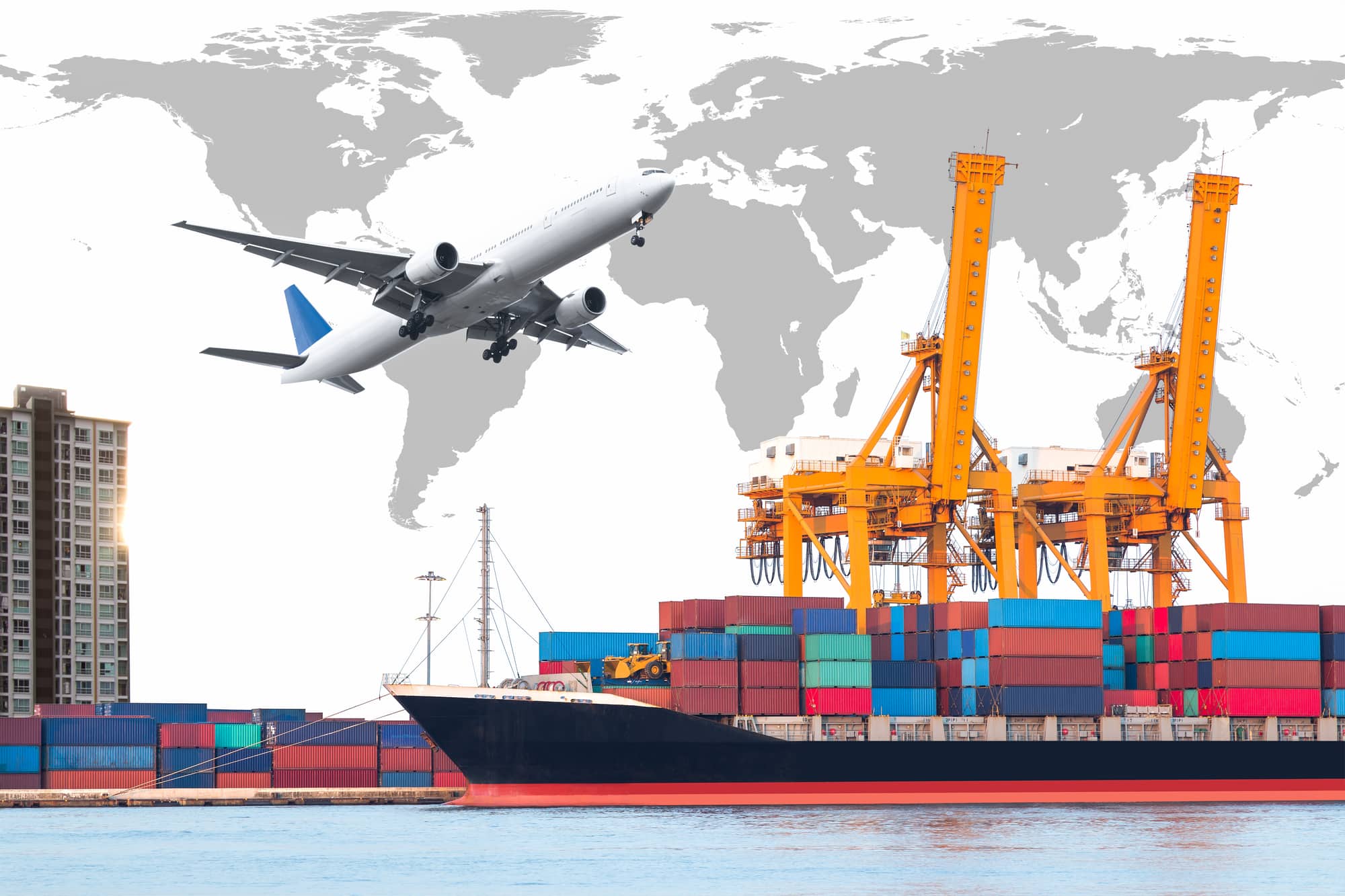





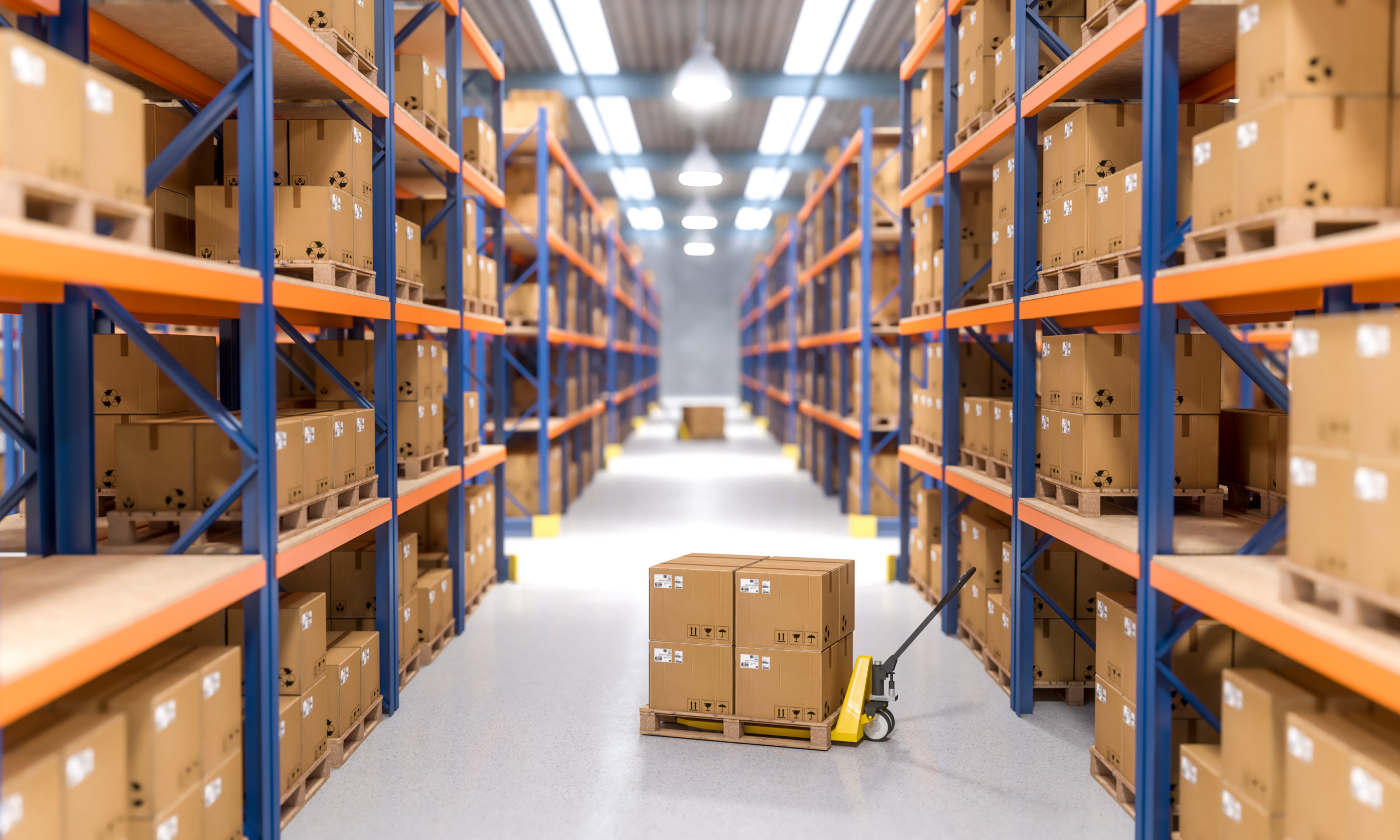

[...] le cœur d'un système efficace de gestion de la conformité commerciale est un modèle de gouvernance clairement défini. Il s'agit notamment d'attribuer les responsabilités [...]